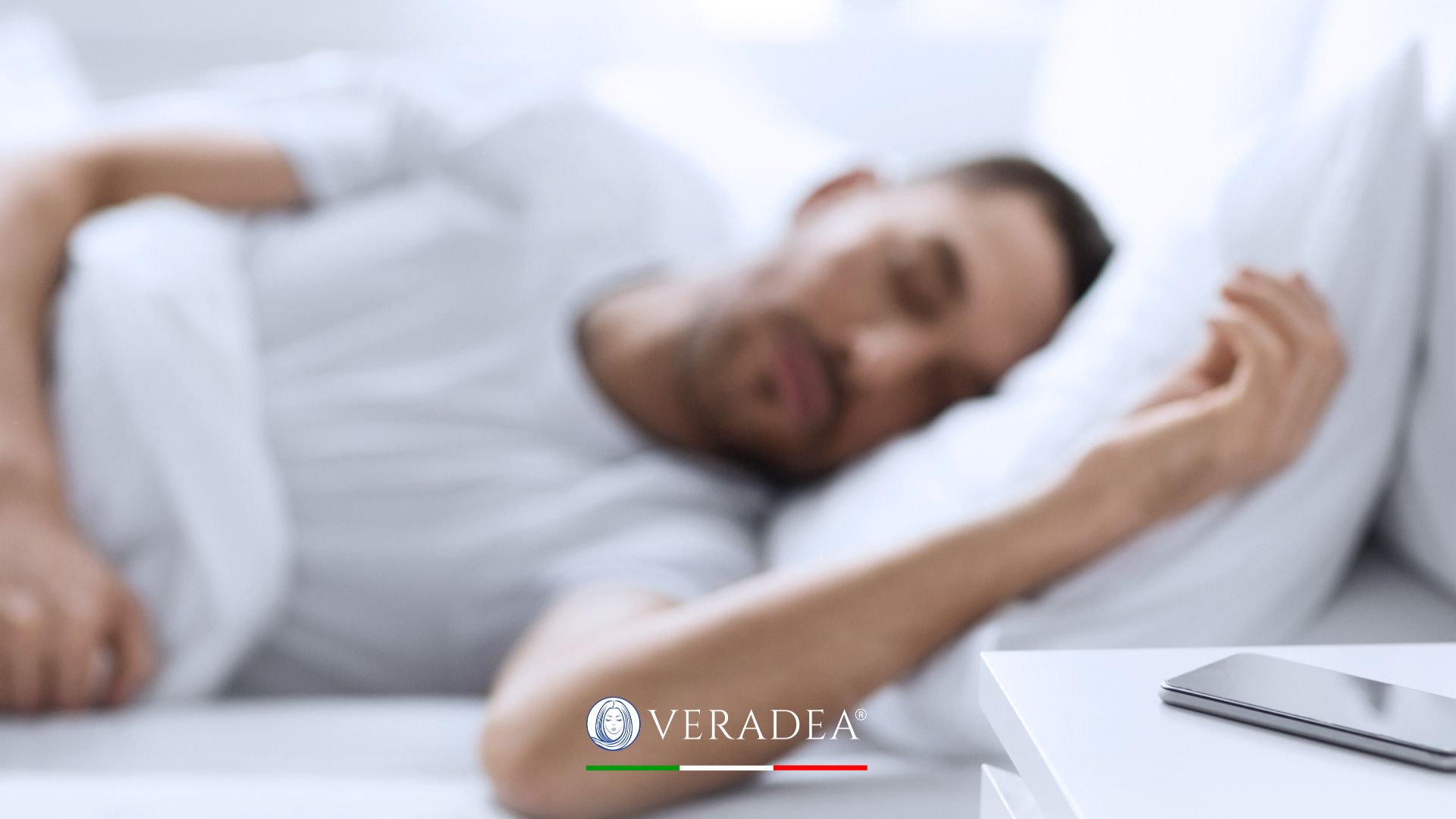
Are Smartphones the Number One Enemy of Sleep?
Sleep disorders are on the rise, according to recent research, and smartphones are to blame.
More and more people find themselves victims of sleep disturbances, such as sleep apnea, insomnia, and sudden awakenings during the night. Stressful lives and irregular rhythms make many stare at the ceiling at night, waiting to finally fall into the arms of Morpheus.
Those who have suffered from insomnia know how frustrating it can be to spend the night awake. Moreover, a lack of sleep can cause truly devastating effects on our health.
Sleep disorders can lead to unpleasant consequences, such as decreased attention and concentration, which then affect the productivity of our studies or work.
In the worst cases, these disorders can cause sudden bouts of sleepiness that could strike us even while driving, leading to dangerous consequences. Psychologically, they can cause irritability, anxiety, and, in more severe cases, lead to depression.
Poor sleep represents a huge risk to our health: sleep deprivation can indeed cause significant damage to our bodies, making us more susceptible to developing cardiovascular diseases, diabetes, or obesity.
And what if reducing smartphone usage could solve sleep disorders?
The Smartphone Kills Melatonin
Melatonin is a hormone produced by the pineal gland, located at the base of our brain, which regulates the sleep-wake cycle.
Recently, several studies have been conducted that seem to find smartphones as one of the main causes of sleep disorders.
Based on research conducted by Professor Charles Czeisler of Brigham & Women’s Hospital and Harvard Medical School in Boston, the artificial lights from smartphones affect the body by altering the regular sleep-wake rhythm, thus pushing us to stay awake longer. According to Professor Czeisler, the electric light from smartphones "affects our circadian rhythms more intensely than any drug," as it inhibits the proper functioning of neurons responsible for melatonin production, making our bodies unable to understand if it is time to sleep; it also alters mood and increases attention levels.
US experts then investigated the impact of smartphones on the sleep quality of workers and on their professional performance.
After analyzing a sample of 161 employees and 82 professionals and managers, it emerged that those who used their smartphones after 9 pm experienced sleep disturbances and a significant deterioration in work performance.
Avoiding using the smartphone after 9 pm helps us sleep better
Especially for those who work with the cell phone or use it as an entertainment tool, it could be difficult to give up the phone as early as 9 pm.
Therefore, if we still want to use the smartphone at night, it could be useful to set the night mode, which automatically adjusts the emission of blue light.
It would then be ideal to avoid exposure to bright screens (including TV, PC, and tablets) at least half an hour before going to bed.
If you can't fall asleep, it's better to spend the time in bed away from screens and perhaps with a good book; try to reserve the bedroom solely for rest, avoiding using it for work or watching television: you will see that with these precautions, the quality of your sleep will improve.
